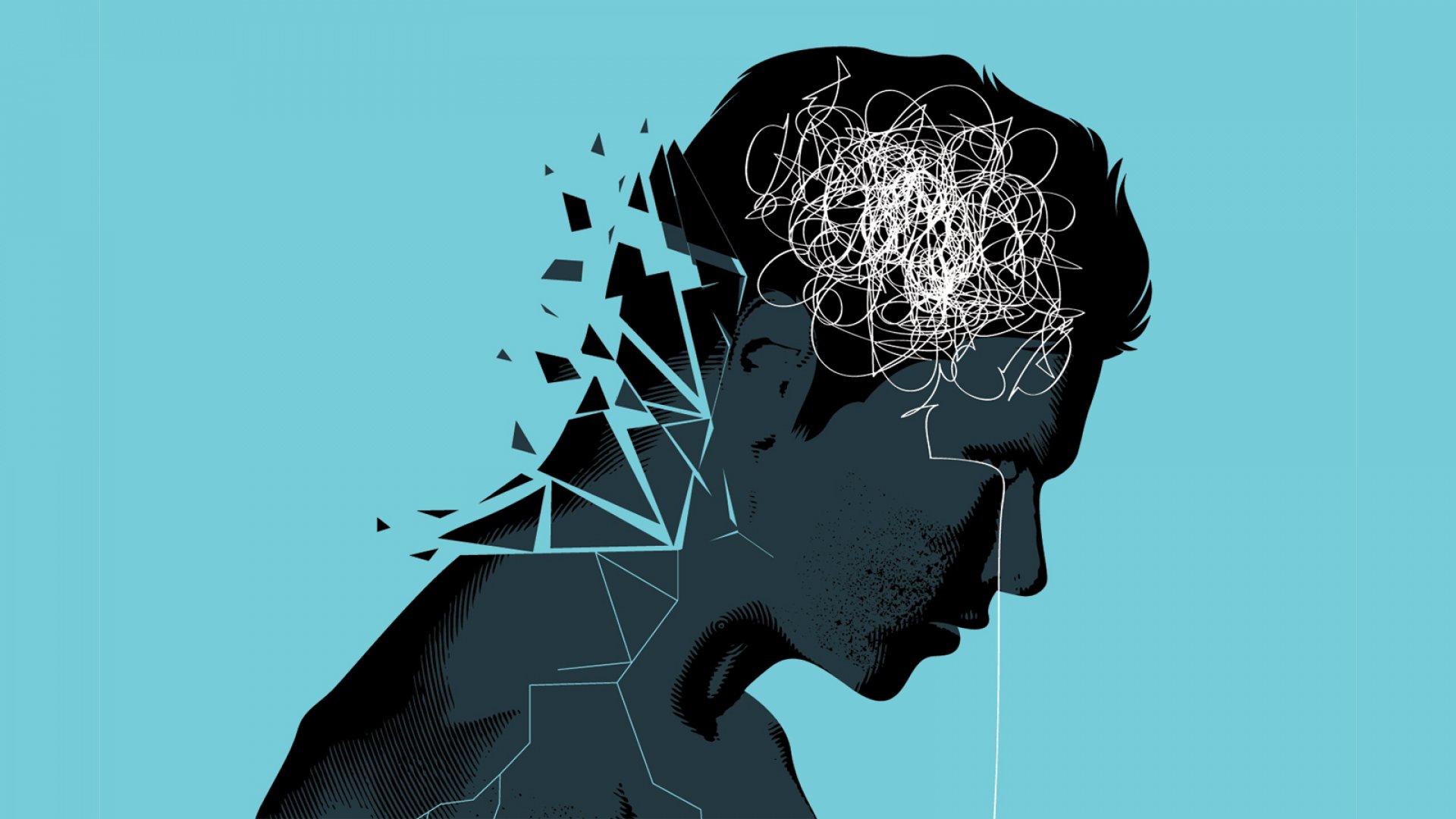
World Mental Health Day was observed for the first time on 10 October 1992. It was started as an annual activity of the World Federation for Mental Health by the then Deputy Secretary General Richard Hunter. The day is officially commemorated every year on October 10th.
Mental Health, defined by the World Health Organization, is ‘’a state of well-being in which the individual realizes their own abilities, can cope with the normal stresses of life, can work productively and fruitfully, and is able to make a contribution to his or her community.’’
According to the CDC(Centre for disease control and prevention) Mental Health is important, it includes our emotional, psychological and social well-being and because It affects how we think, feel, and act as we cope with life. It also helps determine how we handle stress, relate to others, and make choices. Mental health is important at every stage of life, from childhood and adolescence through adulthood and aging.
Mental health survey (2018) that was conducted jointly by the government and the National Institute of Mental Health (NIMH),finds that the overall prevalence of mental disorders among community members aged 18 and up was 18.7 percent. The prevalence of disorders was highest among those aged 60 and up, making up 20.2 percent of the population.

Study reported that when people face problems with mental disorders, the researchers said, 5.7% of them think if they visit psychiatrists, they might be treated as mad.
In rural areas (16.2%) people suffer less mental disorders than urban (18.7%) areas, it said.
“We learnt from the field experience that it still remains a stigma and taboo especially in rural Bangladesh. And it is also a tough job to provide support to patients.” addressed by Rifat Sharmin, a clinical psychologist at the Community empowerment program of BRAC, a non-government organization.“They don’t want to share their personal concerns of distress and mental issues for fear of becoming stigmatized in society, and community leaders also create barriers,” she addressed. “If we don’t provide proper mental health treatment and support during childhood, it would be difficult for patients in adulthood.” addressed by Rifat Sharmin, a clinical psychologist at the Community empowerment program of BRAC, a non-government organization.
The burden of mental disorders is high in Bangladesh, yet a largely unrecognized and under-researched area. To improve the mental health services in Bangladesh, further well-designed epidemiological and clinical research are needed.
